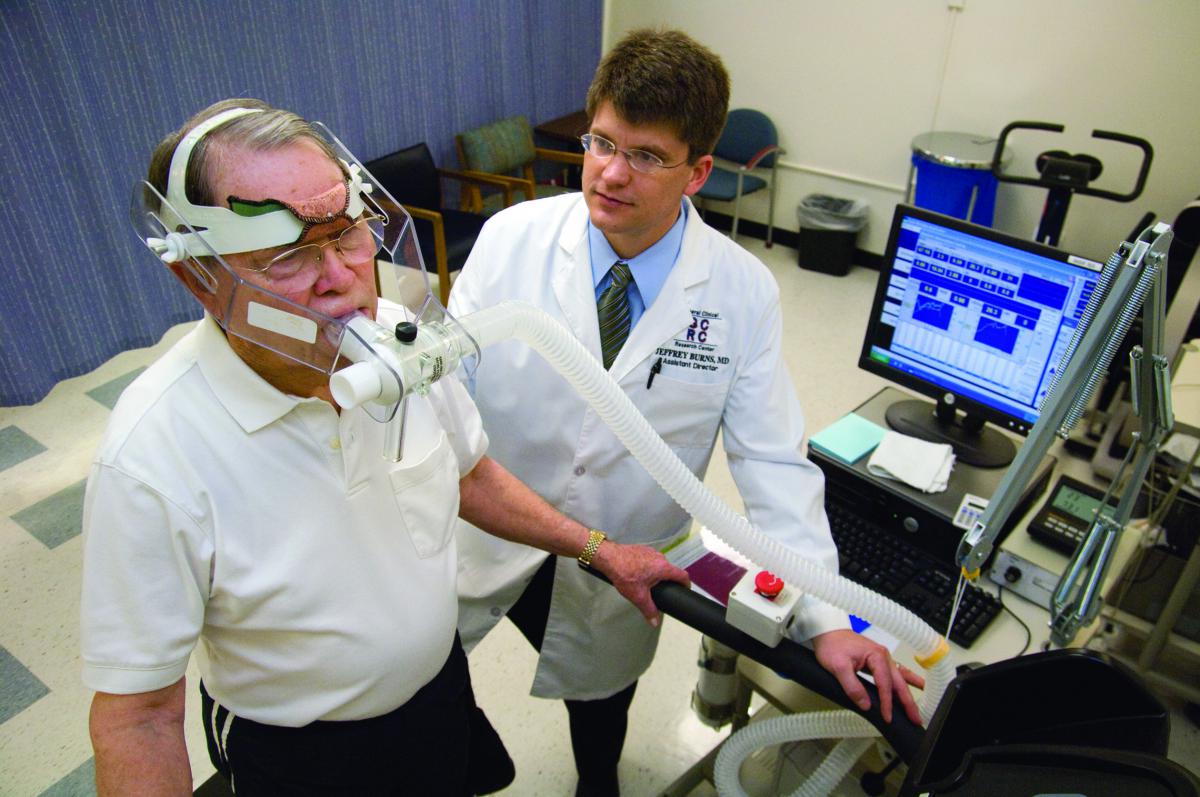Trial Innovation Network
Our vision for the TIN is to address roadblocks in clinical trials and to speed the translation of interventions into life-saving treatment.
CTSA Trial Innovation Network (TIN)
Since 2016, the TIN has been addressing critical roadblocks to clinical trials and accelerating the translation of novel interventions that support and benefit population health. The network focuses on operational innovation, excellence and collaboration while leveraging the expertise, geographic reach and operational strength of the CTSA Program. The TIN partners with research teams to plan and conduct high impact clinical trials and is composed of the TICs, RIC, 60+ CTSA hubs and hundreds of clinical trial partner sites. Features include a single institutional review board system, master contracting agreements, quality-by-design approaches, innovative data management methods and a focus on evidence-based strategies for recruitment and participant engagement. The TIN has demonstrated proficiency in partnering with teams on the planning and execution of multicenter clinical trials, developing tools and resources, service lines, technologies and domain experts to transform trials.
The goal is not only to execute trials better, faster and more cost-efficiently, but also to be a national laboratory of CTSA’s and investigators to study, understand and innovate the process of conducting clinical trials.
For more information about the TIN, please visit the following website: https://trialinnovationnetwork.org/
Current Awardees
Current Trial Innovation Center and Recruitment Innovation Center awardees are:
Trial Innovation Centers
Johns Hopkins Trial Innovation Center
Institution: Johns Hopkins University
Principal Investigator: Daniel F. Hanley, M.D.
Vanderbilt University Medical Center’s Engaging Cooperative Sites for Trial Acceleration, Trust, Innovation and Capability (ECSTATIC)
Institution: Vanderbilt University Medical Center
Principal Investigators: Gordon R. Bernard, M.D., Christopher J. Lindsell, Ph.D. (Duke University) Jonathan Dale Casey, M.D.
Recruitment Innovation Center
Vanderbilt University Medical Center’s Catalyzing and Harmonizing Operational Innovation for Recruitment (CHOIR)
Institution: Vanderbilt University Medical Center
Principal Investigators: Paul A. Harris, Ph.D., and Consuelo H. Wilkins, M.D.



